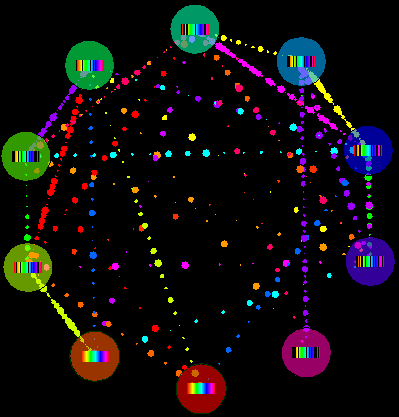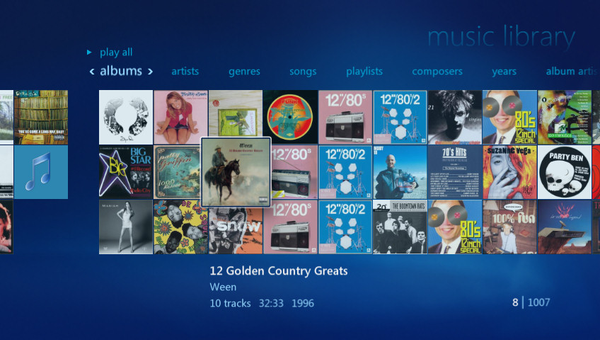
distributed systems
Everybody Loves BitTorrent
The traditional method of distributing large files is to put them on a central server. Each client then downloads the file directly from the server. It’s a gratifyingly simple approach, but it doesn’t scale. For every download, the server consumes bandwidth equal to the size of the file.











